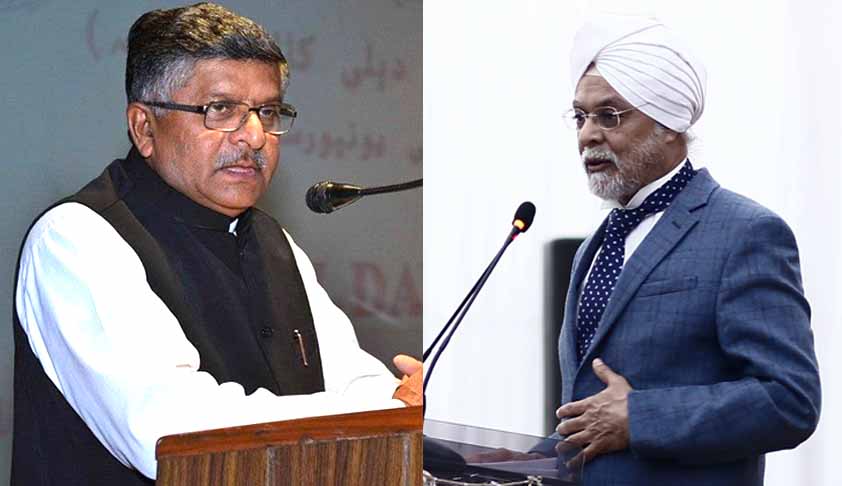Laying ground for another round of confrontations, the Supreme Court collegium has reportedly rejected the Centre’s recommendation of permitting the latter to reject any name for appointment as a Judge of a High Court for reasons of “national security”.The five-Judge collegium led by CJI Khehar, in its final meeting on March 10, has unanimously rejected the recommendation, contrary...

